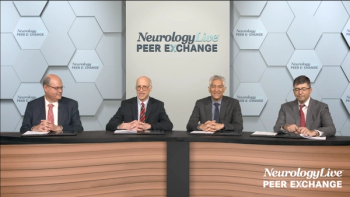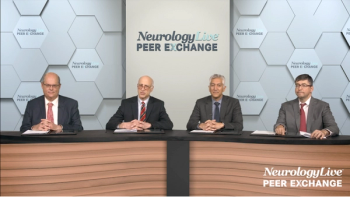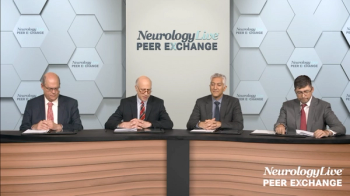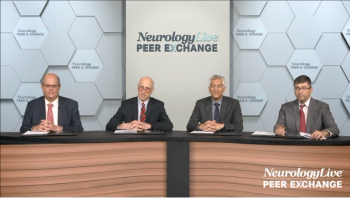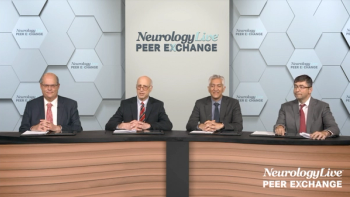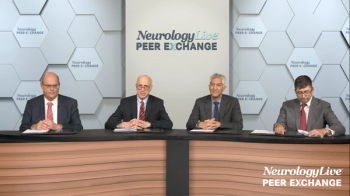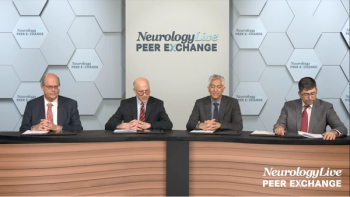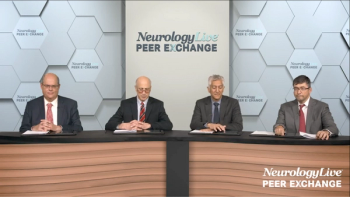
The guideline, which is endorsed by the Child Neurology Society and the European Academy of Neurology, is the first guideline on the topic for US-based clinicians.

The guideline, which is endorsed by the Child Neurology Society and the European Academy of Neurology, is the first guideline on the topic for US-based clinicians.

The phase 2 STARS trial was the first time in 50 years that an overall improvement in patients with Angelman syndrome was observed, in this instance with a once-daily dose of gaboxadol, also known as OV101.
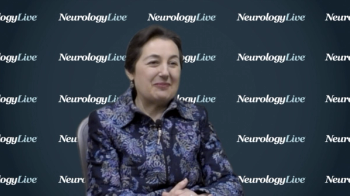
The professor of neurology and director of translational research and epilepsy clinical trials at NYU Langone spoke about the results of a phase 2b open-label feasibility study of this novel delivery method for abortive seizure treatment in patients with epilepsy.

Clicking sounds in the patient’s ears were initially thought to be auditory hallucinations, but a thorough neurological examination revealed the true cause.

In a pair of phase 2 trials and a phase 1 study, patients with SMA types 1 and 2 treated with the gene therapy displayed a number of motor milestone achievements and a prolonged event-free survival rate.
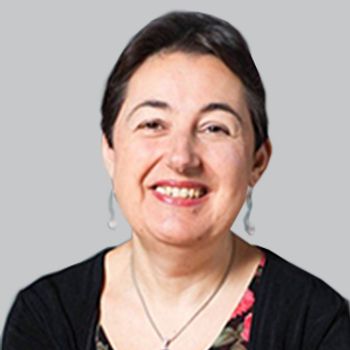
Results from the phase 2b study in 8 patients with predictable seizure patterns demonstrated good feasibility, tolerability, and efficacy, with a 62.5% responder rate.

The post hoc analysis pooled data from 3 trials to evaluate the benefits of adding memantine to treatment with cholinesterase inhibitors for patients with moderate to severe Alzheimer disease.
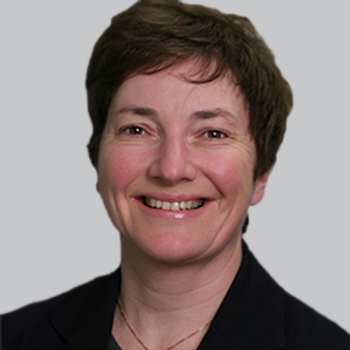
Although animal models and early phase studies suggested some potential for the hypertension medication to slow disability progression in Parkinson disease, a phase 3 assessment showed a lack of treatment effect.

Interim results of the phase 1/2 study show statistically significant reductions in SOD1 protein levels in cerebrospinal fluid, suggesting lower concentrations in the brain and spinal cord, as well.

In patients with Dravet syndrome who had discontinued an average of 4 antiepileptics drugs, while taking a mean of 3, cannabidiol reduced the incidence of seizures almost in half in doses of both 10 mg/kg and 20 mg/kg per day.

The report includes consensus-based recommendations, which consist of guidelines for the diagnosis and staging of LATE-neuropathological change—defined by stereotypical TDP-43 proteinopathy both with or without simultaneous hippocampal sclerosis pathology, in older adults.

Changes in MS diagnostic criteria and the availability of highly effective DMTs has deemed the risk for postpartum relapse nearly irrelevant for the majority of patients with MS.
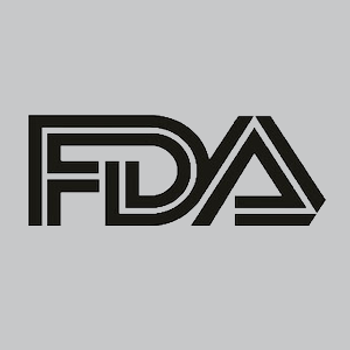
The proprietary software utilizes sophisticated algorithms and 7T MRI data to predict the location of the subthalamic nuclei, a key target for deep brain stimulation for the treatment of Parkinson disease.
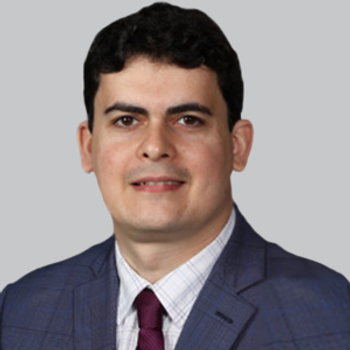
Researchers found that cognitively unimpaired patients with apneas had an average of 4.5% higher levels of tau in the entorhinal cortex than those who did not have apneas, after controlling for several other factors.
